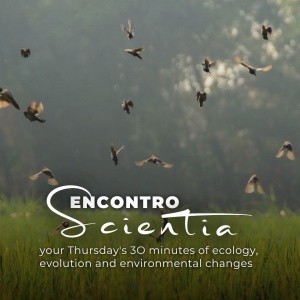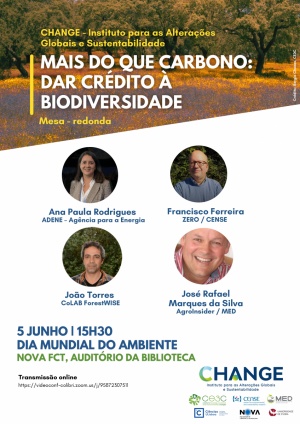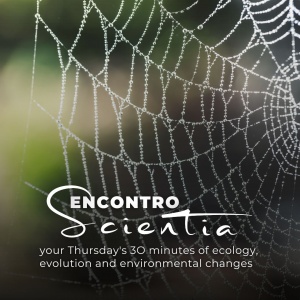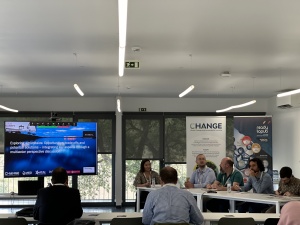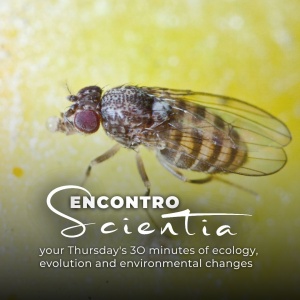Encontro Scientia with Marta Antunes (Evolutionary Ecology)
23 March 2023 . 12h00 (GMT)
Room 2.2.12, Faculty of Sciences of the University of Lisbon
Climate change is having a negative impact on the biodiversity, prompting the need to investigate whether populations are able to adapt quickly enough to the changing thermal conditions and what is the underlying genomic basis of such adaptation. To address this critical question, we used a combination of experimental evolution and RNA-sequencing to study the real time evolutionary changes occurring in populations of Drosophila subobscura subjected to laboratory controlled rising temperatures. Specifically, our research aims to characterize gene expression changes as a function of thermal evolution. By analyzing laboratory populations derived from contrasting European latitudes (southern and northern locations) we are also addressing the impact of biogeographical history on their evolutionary potential.
With these goals in mind, we analyzed the transcriptomic changes of our populations after 23 generations of thermal Evolution. Specifically we characterized by RNA-seq 12 populations (derived from two natural locations, 3-fold replicated each, evolving under two thermal regimes, ‘warming’ and ‘control’) assayed at two temperatures (both the new, warming environment and the ancestral, i.e. control), amounting to a total of 24 samples. Our differential expression analysis found a much higher number of genes differentially expressed due to plasticity (the two temperatures) than due to thermal selection (warming vs controls) or past history (southern vs northern). The comparison of the selective response between populations of different histories indicated that there are more genes changing expression due to selection in northern than in southern populations. Analysis of the underlying function of some genes allowed us to obtain the first clues on the molecular processes involved in thermal adaptation in our populations.
Join us IN PERSON (FCUL Room 2.2.12) or, if you are located in Azores or at MUHNAC, by Zoom (LINK - password: 733715)!
We have been experiencing some technical issues regarding the authentication/connection to the Zoom platform through FCCN. For that, we apologise for any difficulties during the transmission.
Tags: EE climate change evolution thermal evolution drosophila


